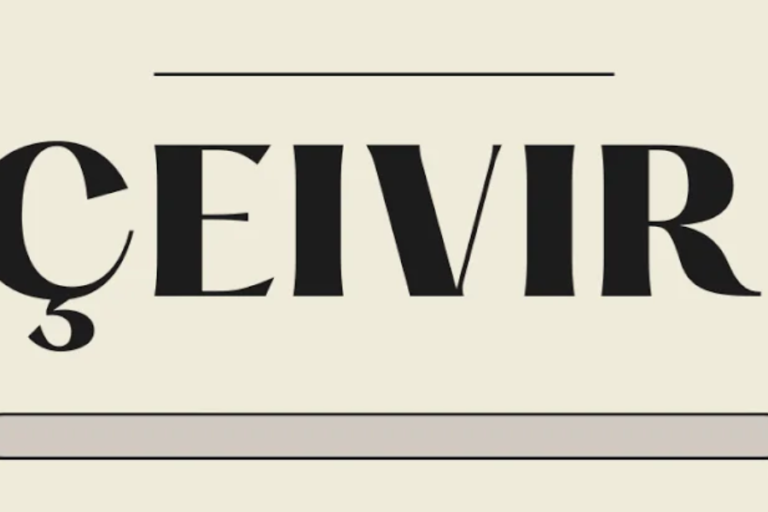Social Programgeeks: A New Way to Connect Developers
In the evolving world of software development, tools for collaboration are no longer optional — they are essential. While coding platforms like GitHub, GitLab, and Bitbucket have transformed how developers share code, they don’t fully address the social aspect of programming. Social Programgeeks emerges as a concept designed to fill that gap, creating a bridge between technical collaboration and genuine community building.
What Is Social Programgeeks?
Social Programgeeks can be described as a hybrid platform where coding meets community. It’s not just about managing repositories or tracking pull requests — it’s about connecting people, fostering relationships, and building networks that go beyond the codebase.
Instead of focusing solely on technical metrics, Social Programgeeks gives equal weight to developer interactions, personal achievements, and shared learning experiences.
Why Developers Need a Social Layer
Most coding platforms are built with productivity and project tracking in mind. They do a great job at version control and workflow management, but they lack a human touch.
Here’s why developers benefit from a dedicated social environment:
- Recognition Beyond Commits – Developers contribute in many ways that aren’t always visible in commit history, such as mentoring, reviewing, or knowledge sharing.
- Community Support – Coding can be isolating, especially for remote teams. A social space creates opportunities to find peers, friends, and collaborators.
- Skill Growth Through Conversation – Not all learning happens in formal tutorials; sometimes, casual discussions lead to big breakthroughs.
How Social Programgeeks Fills the Gap
The traditional workflow on coding platforms focuses on repositories, branches, and merges. Social Programgeeks shifts part of that focus toward people.
Key elements that make it unique include:
1. Developer Profiles With Personality
Instead of static bios and activity logs, Social Programgeeks allows for richer personal pages. Developers can showcase their passions, current projects, and even non-coding interests.
2. Activity Beyond Code
Users can share blog posts, project updates, or personal reflections on their journey. This opens up the conversation to topics like productivity tips, career advice, and tech trends.
3. Recognition for Soft Skills
Mentoring, community leadership, and problem-solving are highlighted, making contributors visible not just for their technical commits but for their collaborative efforts.
4. Real-Time Collaboration Rooms
Instead of waiting for asynchronous pull request reviews, users can hop into discussion spaces for quick brainstorming or troubleshooting sessions.
Benefits of Using Social Programgeeks
A dedicated social platform for programmers has tangible benefits for individuals, teams, and the larger tech ecosystem.
For Individual Developers
- Stronger Personal Brand – Your work and personality are both visible.
- Networking Opportunities – Meet like-minded professionals from around the globe.
- Continuous Learning – Engage in conversations that spark new ideas.
For Teams
- Improved Communication – Team bonding doesn’t have to happen only in meetings.
- Retention Boost – A sense of community can make members want to stay.
- Faster Onboarding – New members quickly learn the culture and workflow.
For the Tech Community
- Knowledge Sharing – Solutions, tutorials, and insights are exchanged freely.
- Encouragement for Beginners – New developers feel welcomed and guided.
- Diverse Perspectives – A global user base brings fresh approaches to problem-solving.
The Social Programgeeks Experience
Imagine logging in and seeing not just the list of repositories you follow but also a personalized feed of conversations, updates, and learning resources.
You might find:
- A colleague sharing a behind-the-scenes look at their latest app.
- An open invitation to join a weekend hackathon.
- A quick poll about preferred coding editors.
- A live stream of a debugging session where viewers can suggest solutions.
It’s a space where developers are not just contributors but also storytellers, mentors, and friends.
Comparison With Existing Platforms
While it may sound similar to other tech communities, Social Programgeeks differs in its core purpose. GitHub focuses on repository management. Stack Overflow emphasizes Q&A. Social Programgeeks aims to blend these elements into a more holistic experience.
The primary difference lies in the people-first design — the code is important, but the coder is central.
Potential Features That Could Make It Stand Out
If developed fully, Social Programgeeks could include:
- Integrated Learning Paths – Courses and skill challenges linked to live projects.
- Project Showcases – Interactive demos instead of static readme files.
- Developer Recognition Badges – Not just for commits but also for community contributions.
- Cross-Platform Integration – Sync with GitHub, GitLab, and other tools while adding the missing social dimension.
Why This Approach Matters for the Future
The tech industry is moving toward more human-centered development environments. With remote work becoming common, the need for genuine social connection among developers is stronger than ever. Social Programgeeks represents a forward-thinking approach, one that acknowledges the person behind the keyboard.
Challenges in Building Such a Platform
While the idea is promising, it comes with hurdles:
- Balancing Professionalism and Socializing – Avoiding a platform that feels too casual or too formal.
- Ensuring Data Privacy – Protecting conversations and personal details.
- Sustaining Engagement – Making sure the platform doesn’t become inactive over time.
Final Thoughts
Social Programgeeks is more than just a catchy name — it’s an idea whose time has come. Developers have always thrived in communities, from local meetups to online forums. Combining that spirit with the efficiency of coding platforms could transform the way programmers collaborate and connect.
By bridging the gap between technical productivity and human connection, Social Programgeeks could become the go-to hub where code meets conversation.






